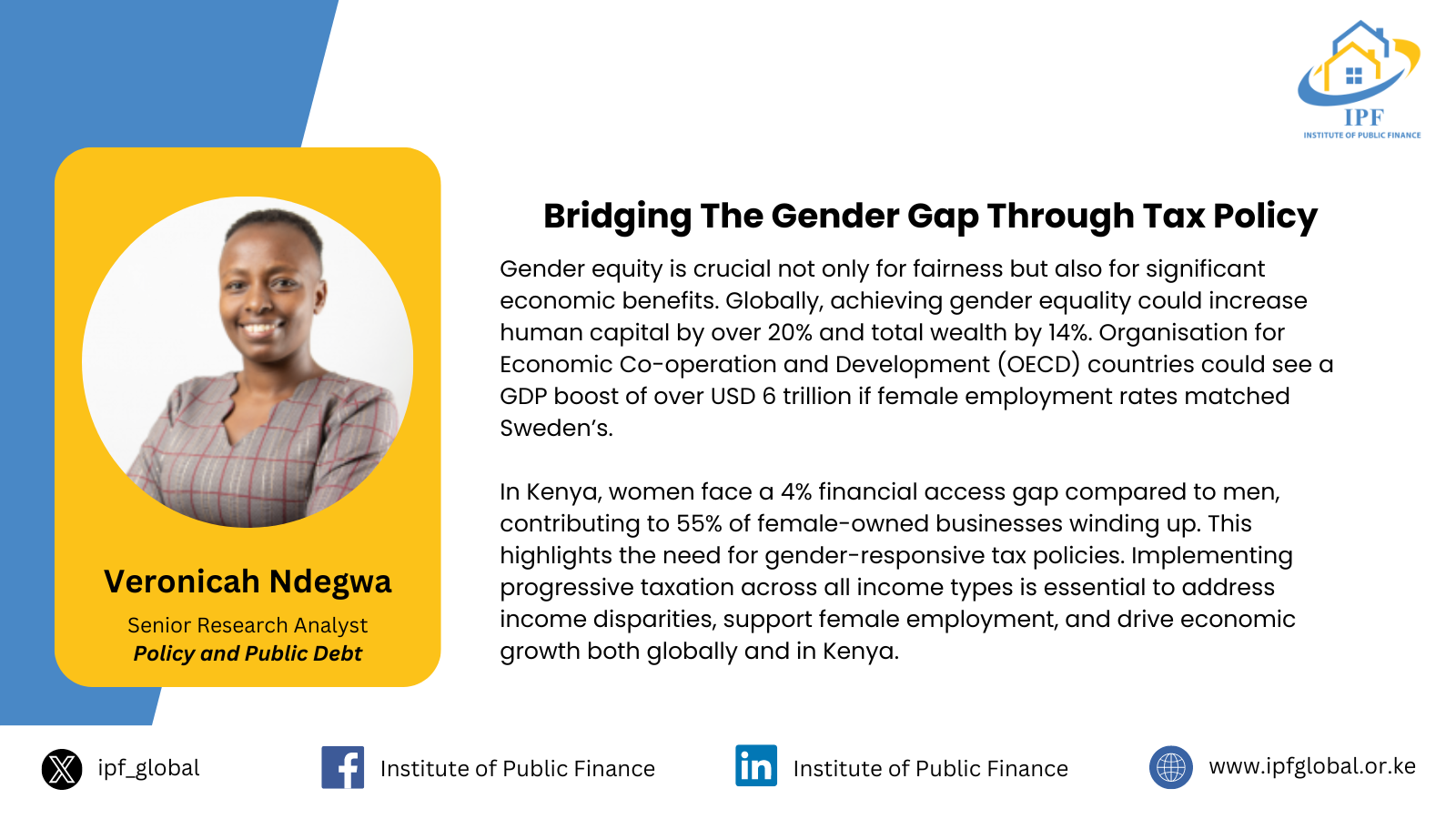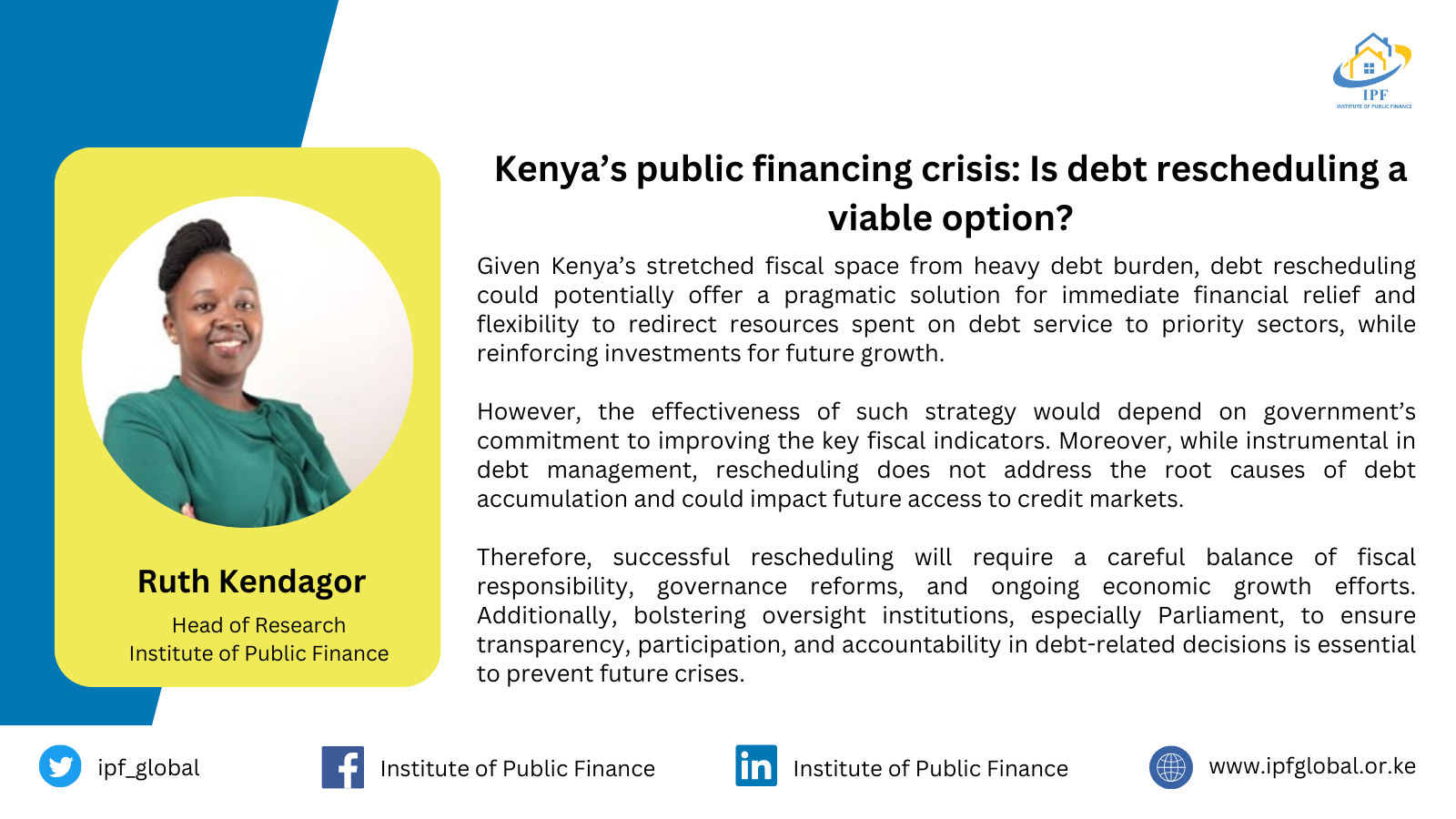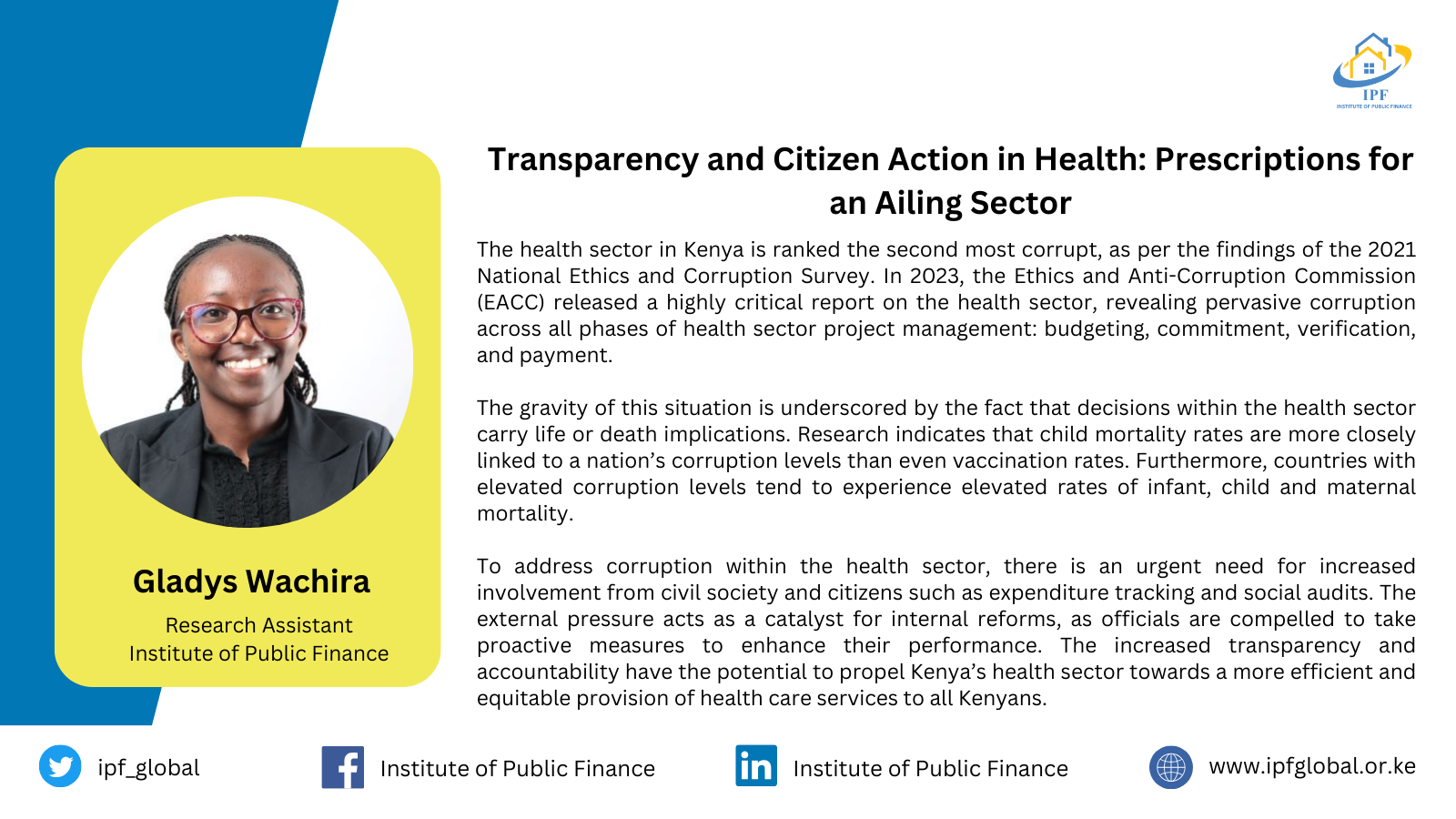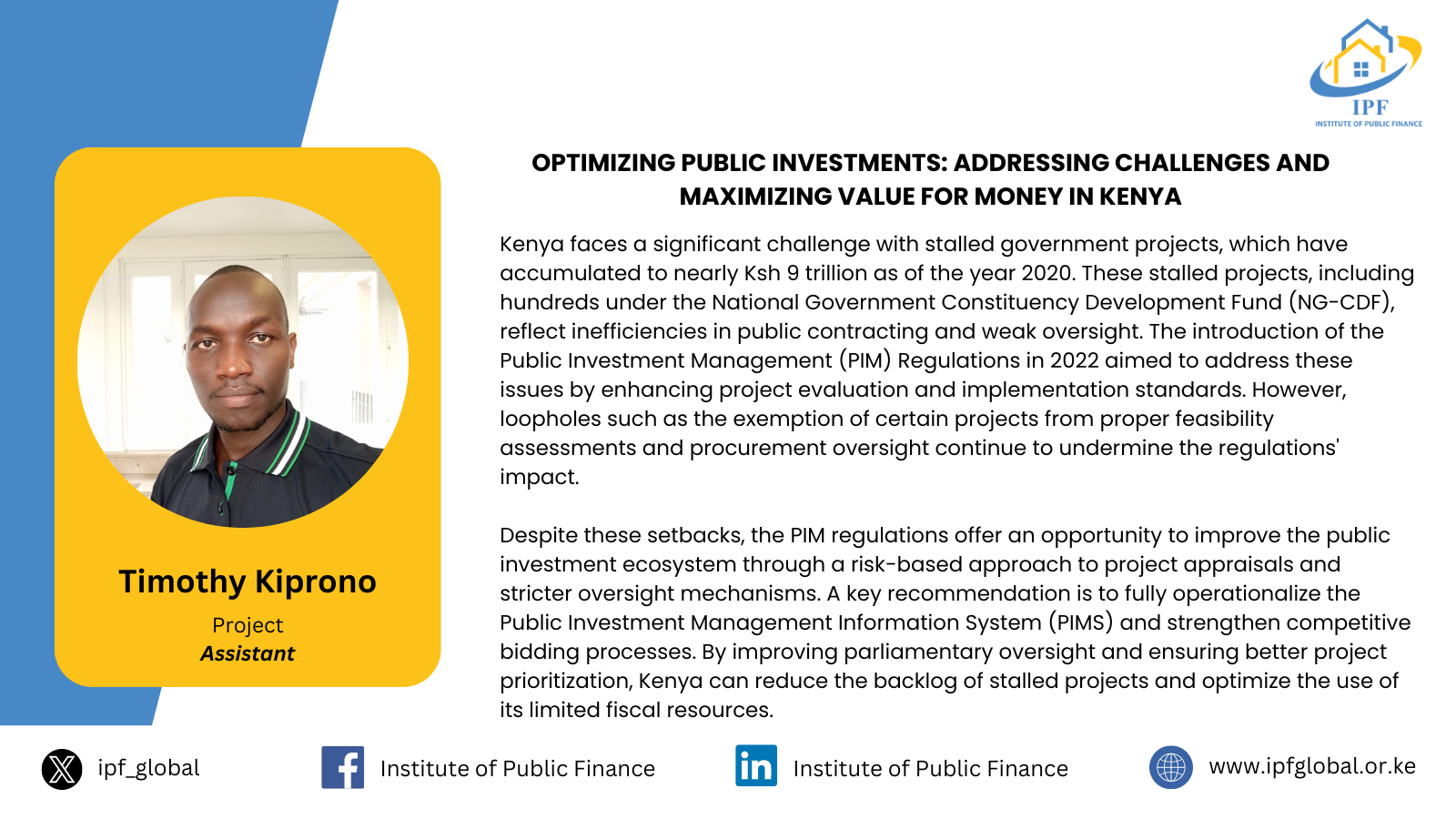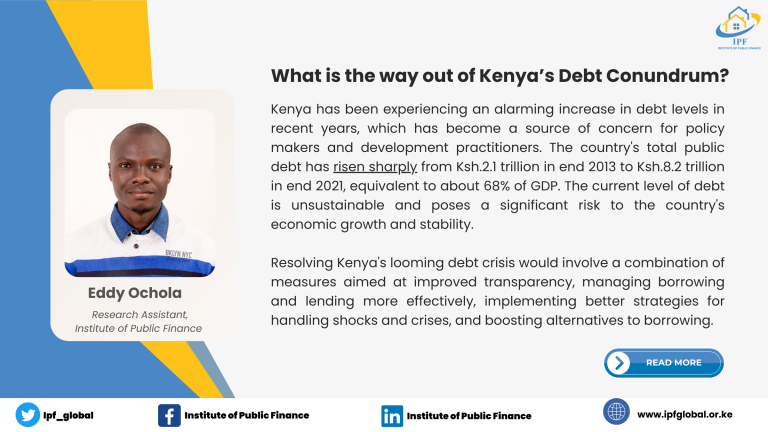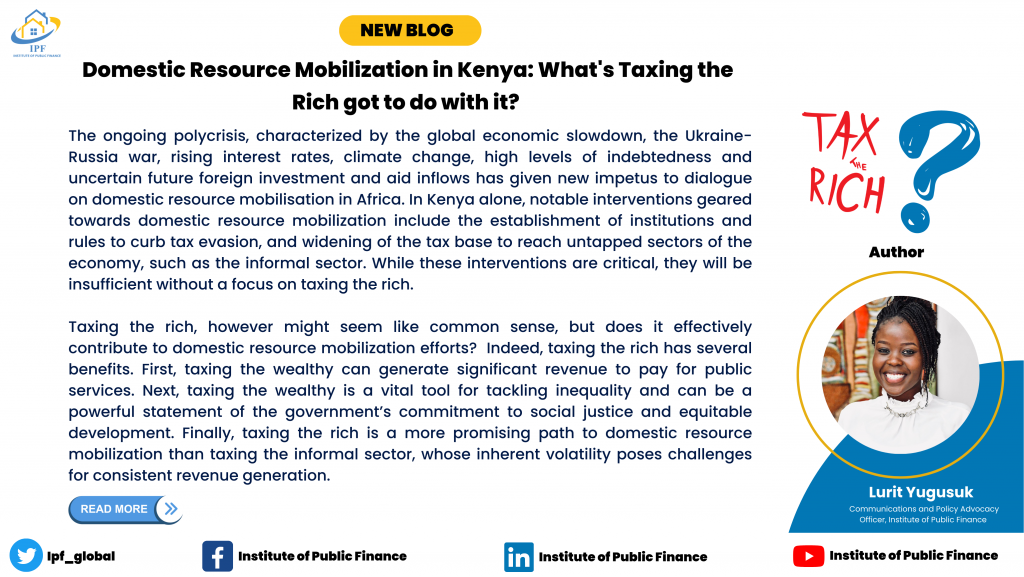Why are we focusing on this area?
Kenya faces numerous climate-related challenges, such as droughts, floods, and
changing agricultural patterns, and addressing these requires dedicated financial and policy support. Recently, the Kenyan government has shown leadership on climate, hosting the Africa Climate Summit 2023, and pledging major action on mitigation and adaptation.
These commitments have costs: meeting Kenya’s ambitious updated NDC will require
an investment of up to USD 62 Billion over the period running up to 2030. As the country is poised to raise new funds for climate from both public and private sources, there is a need for civil society organizations to track these funding flows, and assess them from an equity, efficiency and effectiveness perspective.
At the same time, there is a need for heightened advocacy around climate because the most salient fact about climate commitments at both the global and national level is that they are often not implemented. In Kenya, the National Climate Change Action Plan has lapsed (2022) and has not been replaced by a new five-year plan. Although legislation was introduced to create a Climate Change Fund over five years ago, the fund does not appear to exist and climate expenditures remain fragmented across the budget, making it hard to identify and track.
A significant share of climate funding passes through SAGAs, but, like all SAGA funding, remains largely opaque. A new section in IFMIS was introduced, Section 8,which is supposed to allow for climate tagging of expenditures, but it is not
being used.
What aspects of Climate Financing are
we focusing on?
While there is a lot of discussion happening about climate change, very few organizations in Kenya are working on climate finance. We propose to fill this gap by focusing on the following areas:
• Carry out consistent research on the allocation and actual expenditure of
climate funds in the country.
• Document current patterns in allocation of funds, including various gaps, such as the failure to set up a climate change fund at national level, or to approve a new
NCCAP.
• Advocate for increased transparency of the climate budget, including the budgets of SAGAs in the sector. This should include regular reporting by GOK on actions taken
and expenditures using a climate-tagging system, such as that in IFMIS.
• Advocate for changes in the focus of climate financing toward greater emphasis on adaptation, less fragmentation and more focus in the sector, and greater accountability for specific, measurable results from climate expenditure.



